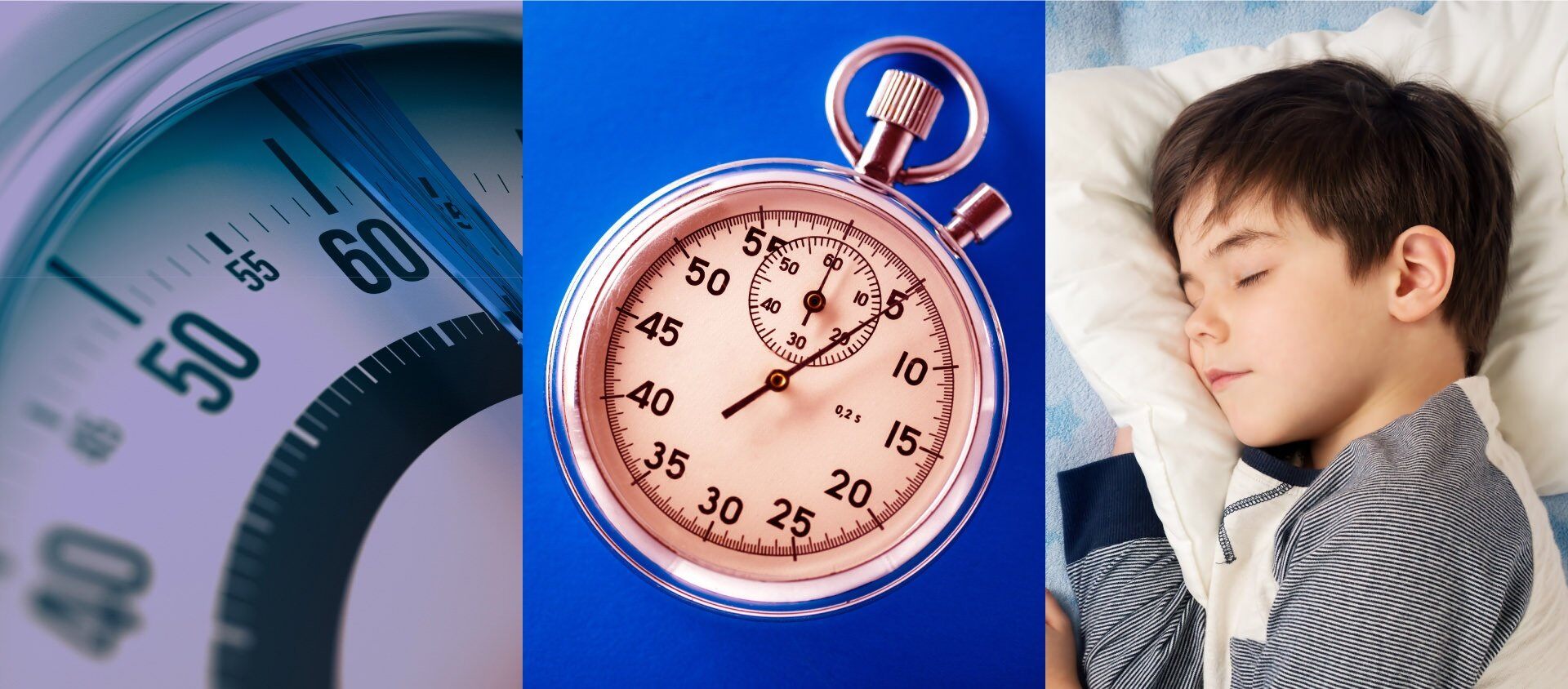Can’t get to sleep with your CPAP?
You’ve likely heard CPAP machines be referred to as the ‘golden standard’ in nonsurgical treatment for sleep apnea1.
Research shows that regular CPAP use is particularly successful for suffers who have moderate to severe sleep apnea2.
While every person using CPAP has a different experience, some may notice an improvement in the day following their first sleep with the mask and machine3.
But what happens if you’re using a CPAP machine on a nightly basis, but still experiencing apneas?
I’m using my CPAP machine every night but am still experiencing apneas. How do I know if my treatment is working?
You may have noticed that your CPAP machine displays how many apneas and hypopneas you’re experiencing per hour—this is commonly referred to as an Apnea Hypopnea Index (AHI) reading.
It’s a reasonable assumption to think that in order for your machine to be effectively treating your sleep apnea, your AHI should display a reading of zero.
But on the contrary, an AHI reading of zero is very rarely the case. That’s because treatments for sleep apnea such as CPAP, oral appliances and other options are all designed to drop your AHI, but they won’t completely eliminate it.
You should also keep in mind that your AHI is a measure of how many apneas and hypopneas you experience each hour – meaning if you were to take a half-hour nap with an AHI of 4, you’ve actually only experienced 2 apneas.
Recording any apnea experiences of any kind might seem puzzling, however a small number of AHI—for example 5 apneas events or fewer per hour—is considered completely normal4.
A reduction in apneas experienced each night should improve the quality of sleep that you’re receiving.
If you’re wondering whether your AHI reading is normal for you and how much your sleeping disorder has eased since treating the condition with a CPAP machine, discuss this with your sleep specialist or your GP.
|
Are there other factors which indicate how my CPAP machine is working?
While an AHI reading will show you how much your apneas have decreased by using CPAP treatment, it’s just one of the many factors to take into consideration when evaluating your CPAP machine.
Are you feeling less fatigued and sleepy during everyday life? Two of the most common symptoms of sleep apnea are fatigue and sleepiness, but with regular use of a CPAP machine you may have noticed these specific symptoms start to clear up5.
If you’ve just started on your journey of sleep apnea treatment, it may take some time to adjust to treatment.
You should also take into consideration that when you’re adjusting to sleeping with your CPAP machine, it’s common to experience some initial issues such as waking up to reposition your mask, as well as generally getting familiar with your new equipment.
If you still feel as though your treatment isn’t quite right, it’s time to book in a check-up to ensure you’re using the most suitable device and treatment option available.
Book an appointment with your nearest EdenSleep NZ store and we’ll provide you with a CPAP therapy check-up, answer any questions you have about treatment and a clean of your machine.
.webp?width=1158&height=143&name=Combined%20logo%20-%20Ecom%20Main%20300x200%20(1).webp)

-May-21-2024-06-17-25-6722-AM.jpg?width=1069&name=F20%20Nightstand%20(2)-May-21-2024-06-17-25-6722-AM.jpg)


-May-21-2024-06-16-14-5984-AM.jpg)
